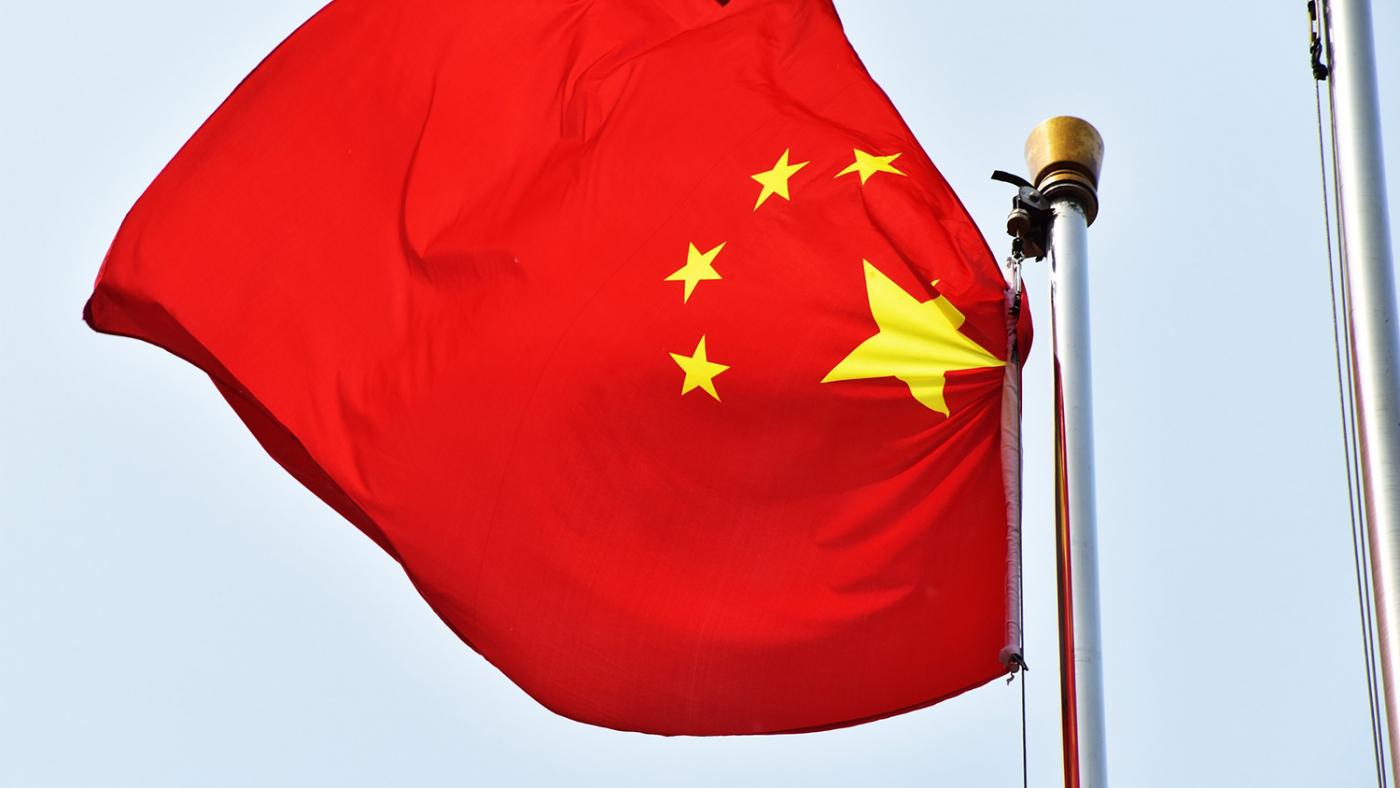Knowledge security
Supporting the communist party is just a formality, say Chinese PhD students

According to the conditions of the national funding body China Scholarship Council (CSC), Chinese PhD students must endorse the Communist Party. If any doubt arises about a candidate’s political ideology, they can be questioned about it. Furthermore, it’s mandatory for PhD students to return to China when their doctoral work is completed.
Good value for money
Dutch universities have been eager to welcome these fully-funded doctoral students. Thanks to the external funding they bring, they are good value for money. Moreover, for every successfully-defended dissertation, Dutch institutions receive a bonus of about 80,000 euros from the Dutch government.
However, the CSC grants are not very generous. On Wednesday, Folia reported that the grant is often too meagre to pay for living expenses and that the University of Amsterdam was topping up these grants.
Nonetheless, the number of PhD students from China has grown from a hundred in 2007, when the CSC grant was introduced, to eight hundred 2019.
Criticism
In May, staff at Erasmus University, where 152 CSC doctoral students are currently employed, criticised the conditions under which the grant is awarded. In an anonymous letter to the Executive Board, they argued that the grants “are paid for by an undemocratic regime that does not share the values and objectives of the university” and that the Communist Party “oppresses individuals and groups in society on the basis of their religion, ethnicity and political convictions”.
Last week, CSC doctoral candidates explained to Erasmus Magazine that the controversial rules can be found in every standard contract in China and are only of symbolic significance. Endorsing the rules is in that sense just a formality, no one ever asks you about it, they said.
The board of Rotterdam’s university announced it will publish a new checklist for assessing grants in October.
Increasing risk
Erasmus University is probably not the only institution that will be evaluating funding programmes more rigorously. In January, the Ministry of Education, along with the association of universities in the Netherlands (UNL) and other research institutions, published national guidelines for knowledge security (text in Dutch, Ed). These guidelines contain binding agreements governing universities, universities of applied sciences and research institutions regarding funding programmes, among other things. For instance, every institution is required to map the associated risks so that “adjustments can be made when funding is only obtained from one funding body”.
People have been warning about the dangers of having China as a knowledge partner for some time. There were, for example, 93 PhD students who came to the Netherlands after completing a Master’s degree at a military college. They were able to gather information here about technology that could be applied by Beijing for military purposes. In other instances, researchers at Delft University of Technology unwittingly helped the Chinese army, while researchers, at a human rights centre at VU Amsterdam funded by China (and since disbanded), advocated an alternative vision of human rights.